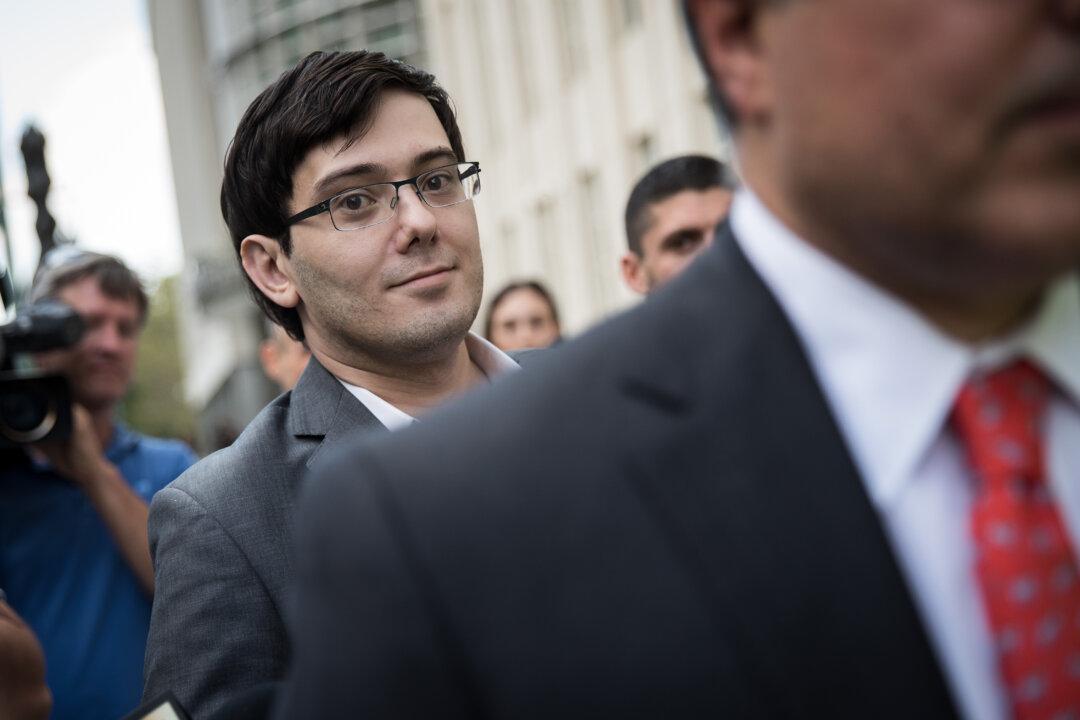The U.S. Supreme Court has refused to take up the appeal case of Martin Shkreli, the disgraced former pharmaceutical executive who was convicted of defrauding investors.
The high court’s decision on Nov. 18 effectively upholds Shkreli’s seven-year prison sentence and a fine of about $7.4 million.




